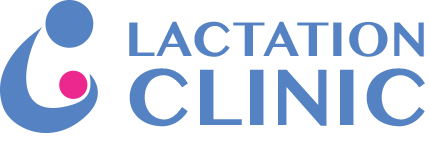If you have sore nipples while breastfeeding/chestfeeding, here are a few things you can try to help alleviate the pain:
- Check your baby’s latch. Making sure your baby is properly latched onto your breast/chest can help prevent sore nipples. A proper latch involves your baby taking a large mouthful of breast/chest tissue and your nipple being deep and at the roof of their mouth. If you’re not sure if your baby has a good latch, it may be helpful to speak with a lactation consultant for guidance.
- Use Epsom/table salt soaks. Placing a warm, damp compress on your nipples or soaking them after nursing can help to soften the skin and make it more comfortable.
- Use a good moisturizer or a nipple cream. Applying a thin layer of nipple cream or ointment, or coconut or olive oil to your nipples after each feeding can help soothe and protect your skin. Make sure to wash your hands before applying the cream and avoid using a cream that contains lanolin if your baby is prone to diaper rash. If your nipples are cracked, bleeding, bruised, or scabbed, you must use a medication cream. Please speak with a lactation consultant or your healthcare provider for guidance.
- Consider using a nipple shield. A nipple shield provides a protective layer to your nipples as your second skin and can help you to continue nursing. Make sure the baby is latched properly and is not using a shield as a pacifier.
- Take breaks from nursing. If your nipples are very sore, you may need to take a break from nursing for a short period of time to allow them to heal. During this time, please express your milk using a breast pump as often as your baby is being fed, and feed your baby the expressed milk using a bottle, syringe, or cup.
- Wear a supportive bra. Wearing a supportive bra can help reduce discomfort and protect your nipples from further irritation. Make sure to use breast pads with a generous layer of coconut or olive oil on them to keep your nipple and areola moisturized as it helps them to recover.
- Make sure to rule out possible tongue tie and/or lip tie. Oral ties can cause significant nipple damage regardless of your latching and positioning adjustments. Unfortunately, many healthcare providers are not qualified to assess your baby in this matter as it’s not an obligatory part of their studies and training. Speak with a lactation consultant for additional support and guidance.
If your nipples are very sore and these strategies do not help, it may be helpful to speak with a lactation consultant or your healthcare provider for additional support and guidance.
